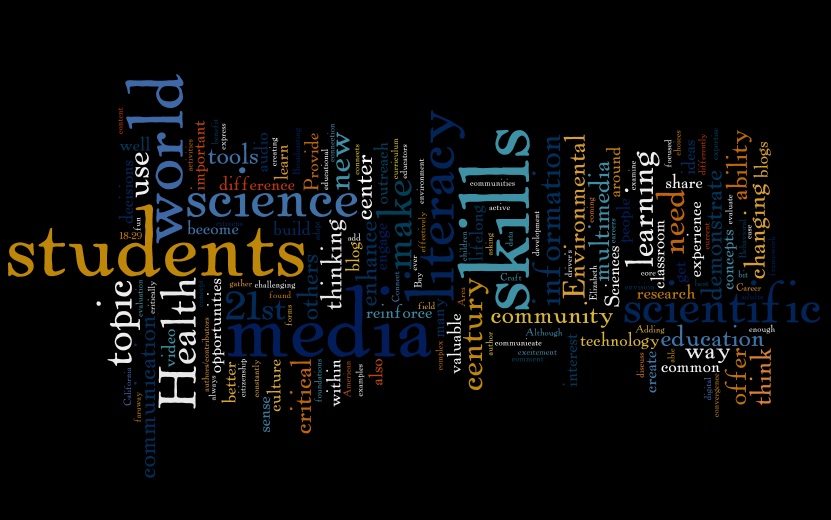Last year during a presentation, I mentioned the site PatientsLikeMe as an example of a platform that allows people to share health information with others and build a learning community.
I came across a paper that examined this type of social network that was interesting….Social Uses of Personal Health Information Within PatientsLikeMe, an Online Patient Community: What Can Happen When Patients Have Access to One Another’s Data.
Using search and browsing tools, members can locate other patients in similar circumstances and with shared medical experiences. Members discuss the profiles and reports as well as general health concerns through the Forum, private messages, and comments they post on one another’s profiles. The Forum is a threaded dialogue available to every member of the community to pose questions, research findings, share coping strategies, and so forth. Private messages are emails sent from one user to another within the site; they are not read by other users or site administrators. Comments are remarks that one user posts on another’s profile, which are viewable by anyone in the community. Users can delete comments from their own profile. Each contribution made using any of these functions is labeled with a graphic representation (the nugget) giving a snapshot view of the contributor’s history and health status; the nugget is also linked to the user’s complete profile.
Looking at sites and papers like this one continually give me ideas of innovative ways to do environmental health community education. Research is important, but if the communities are not discussing and applying research findings, then the investment is not as valuable. It is all about the communities.


